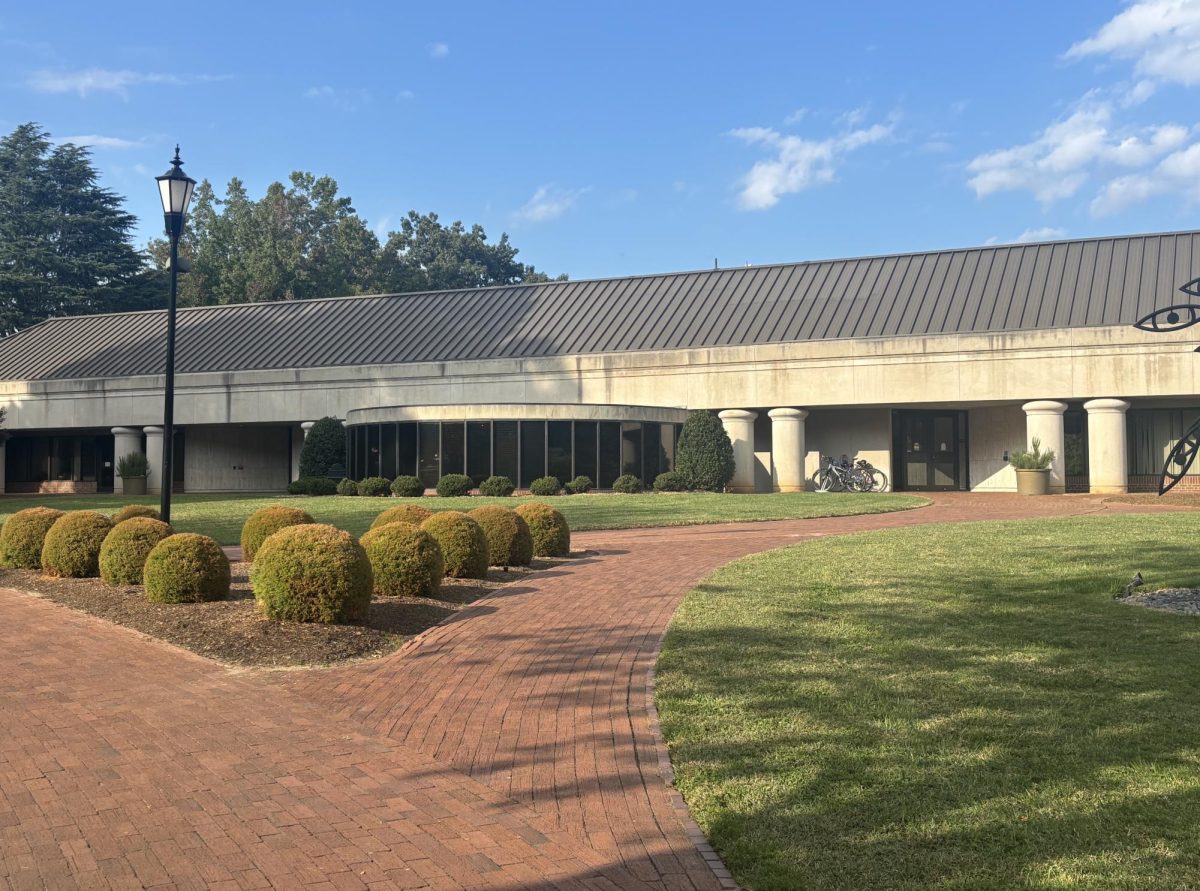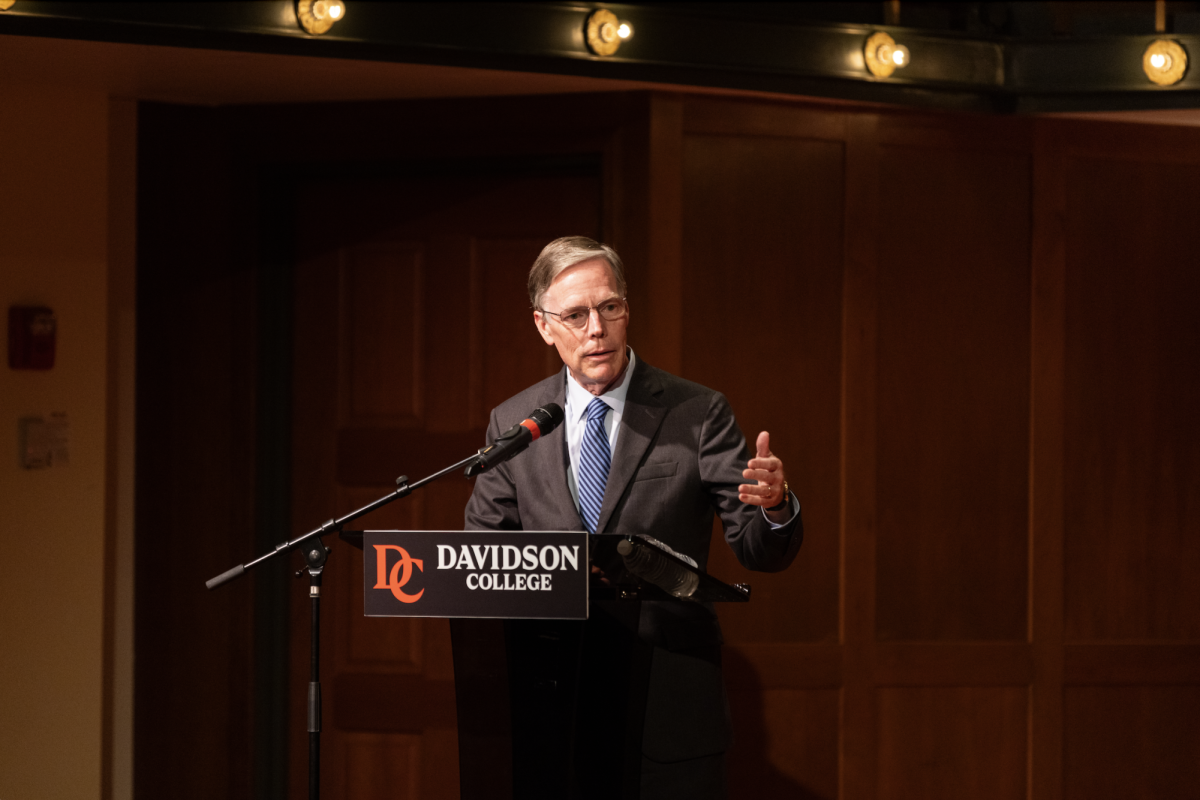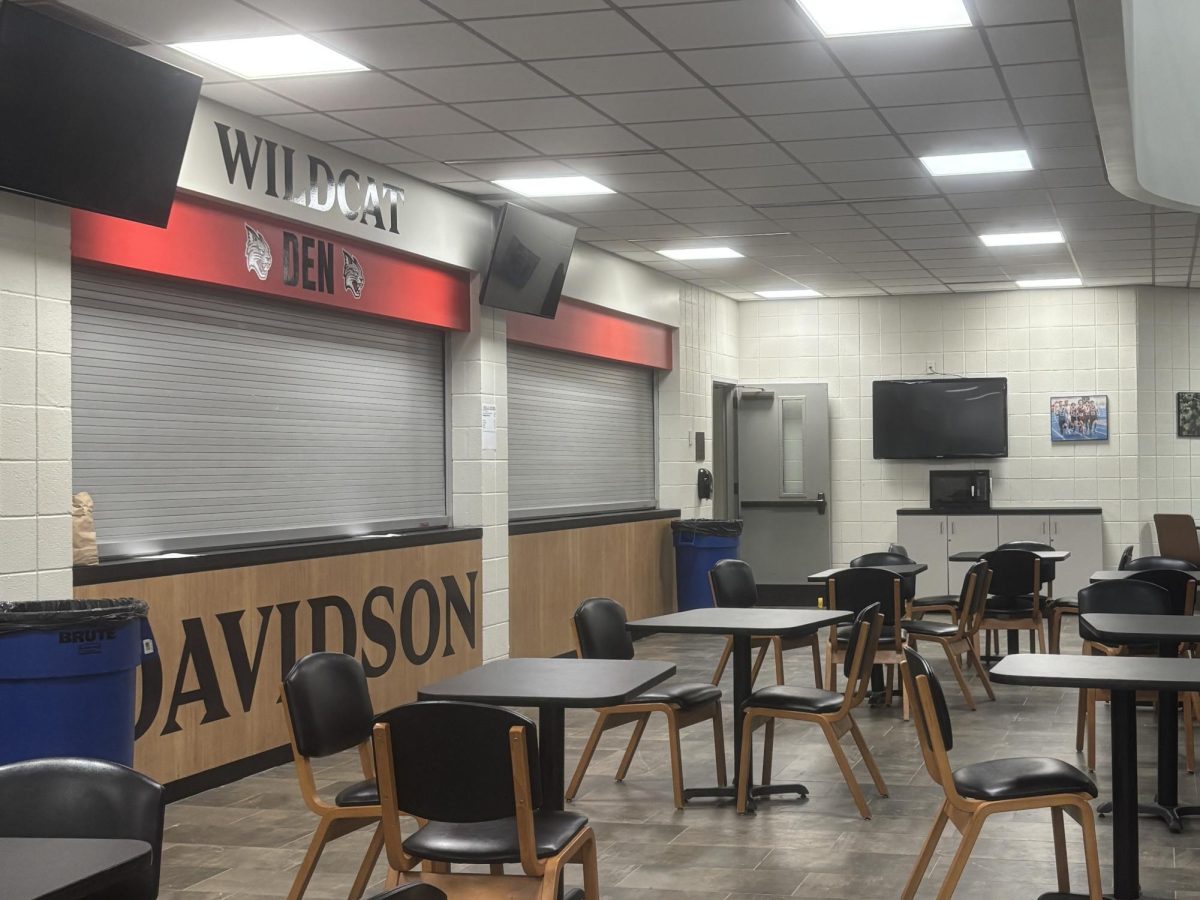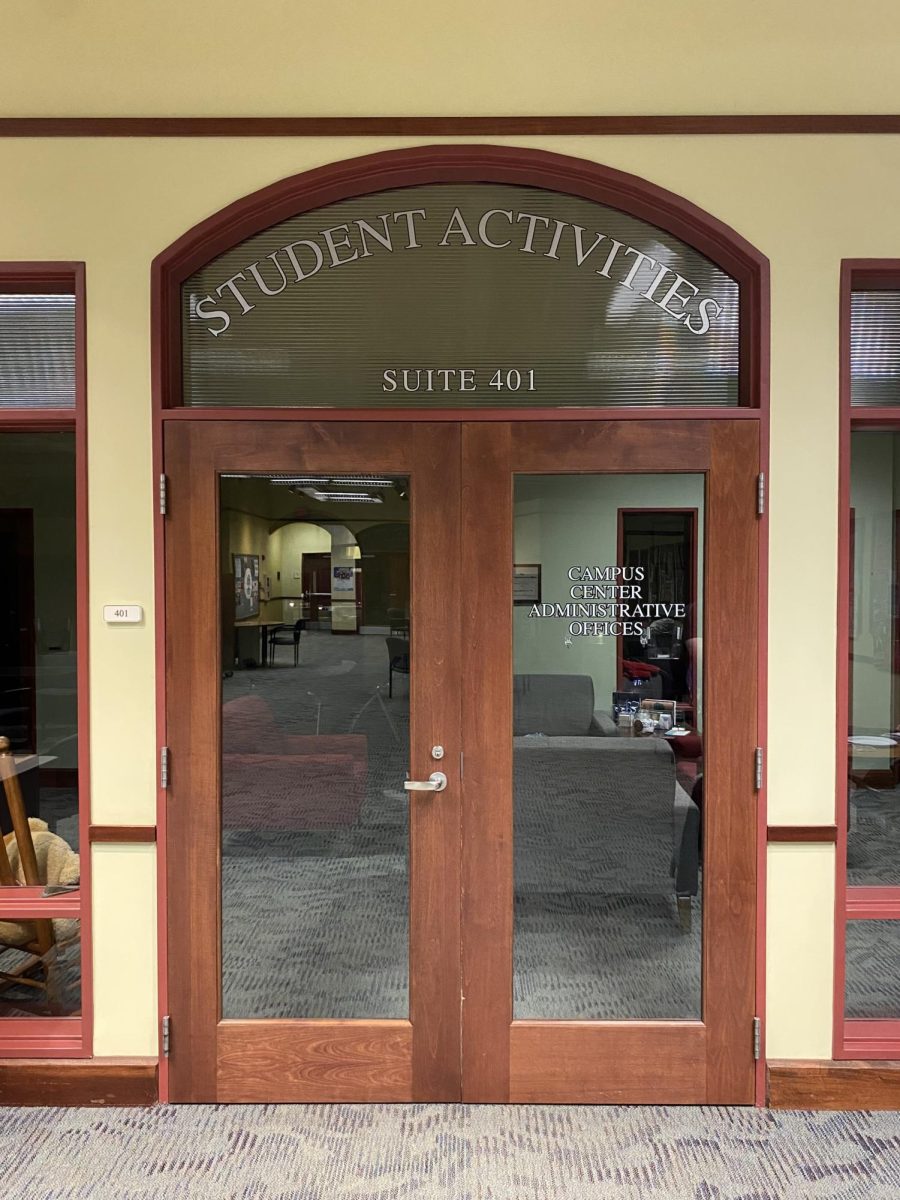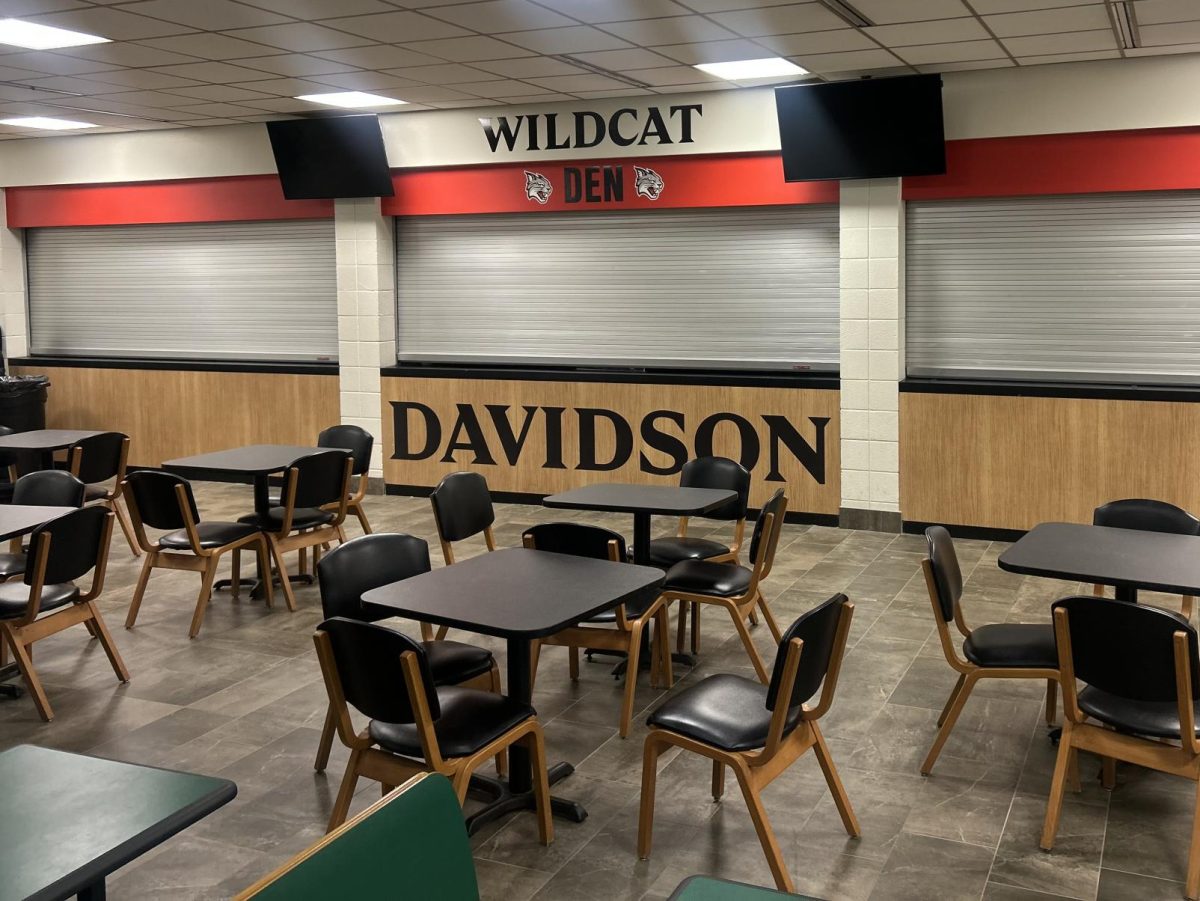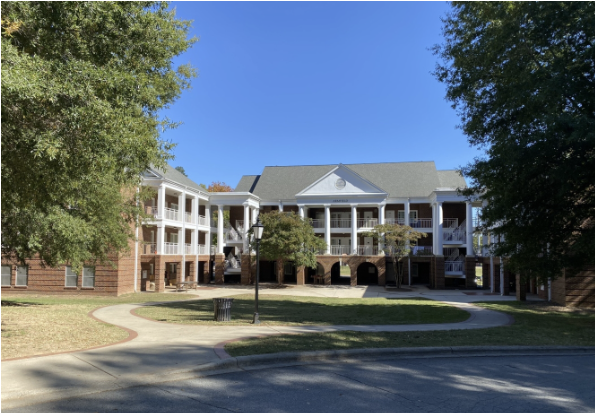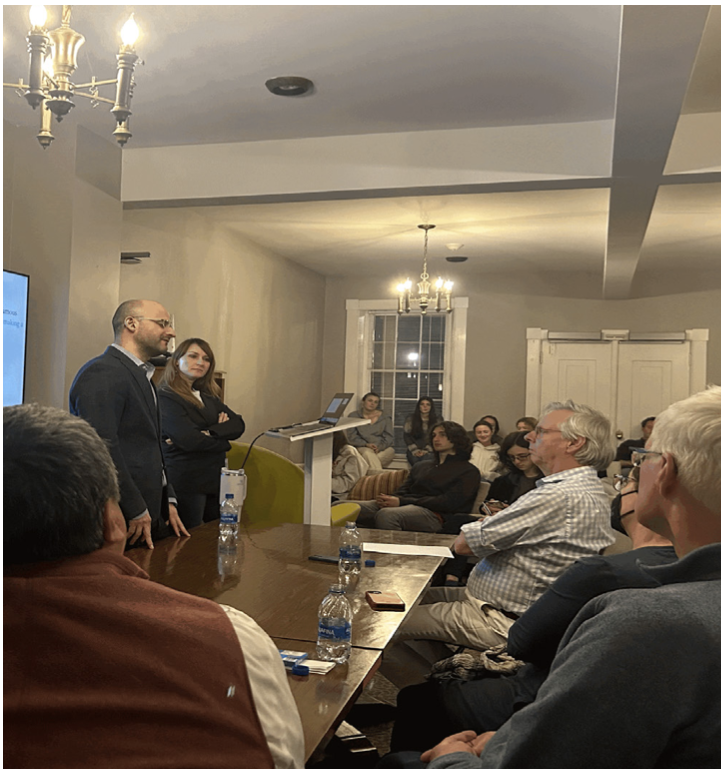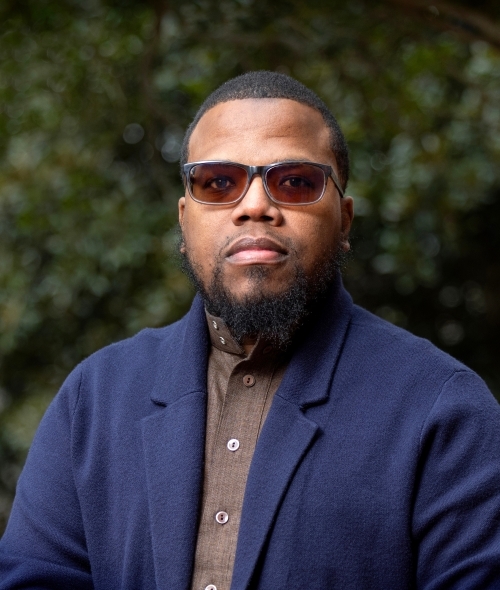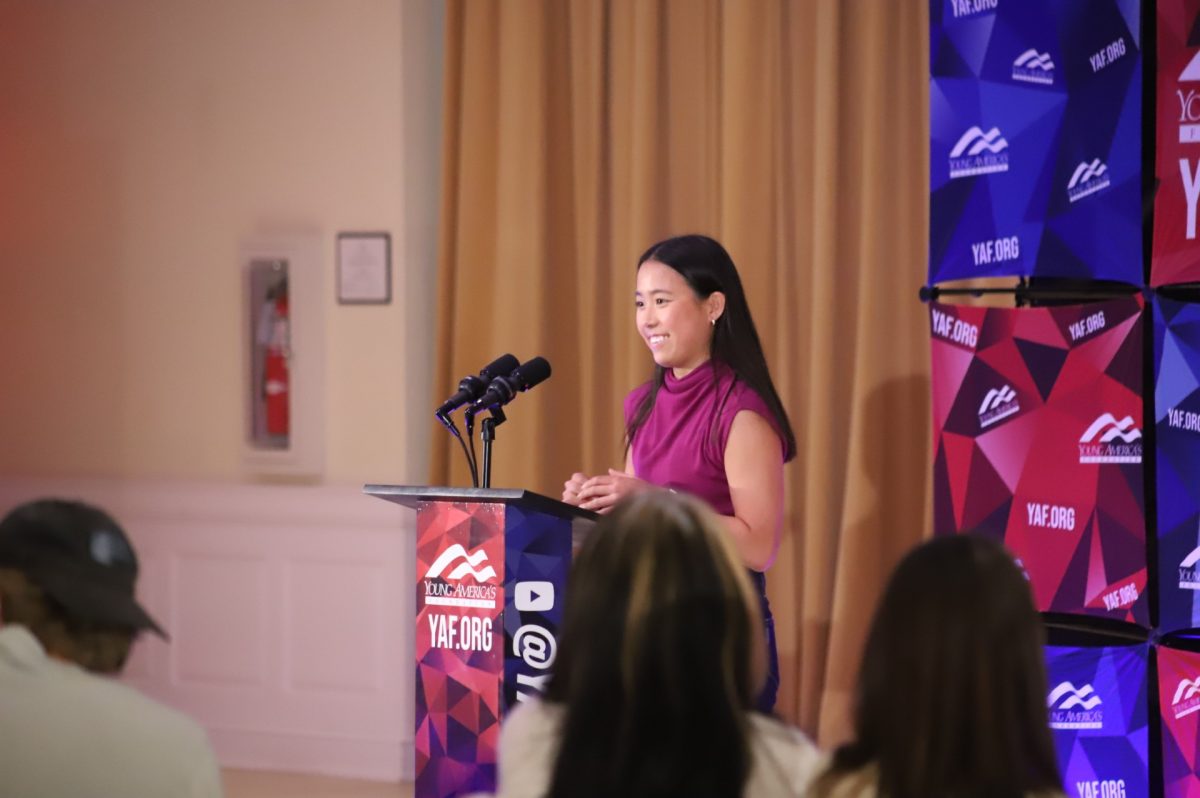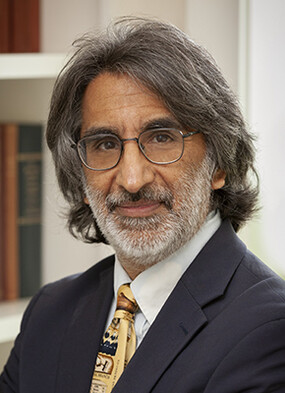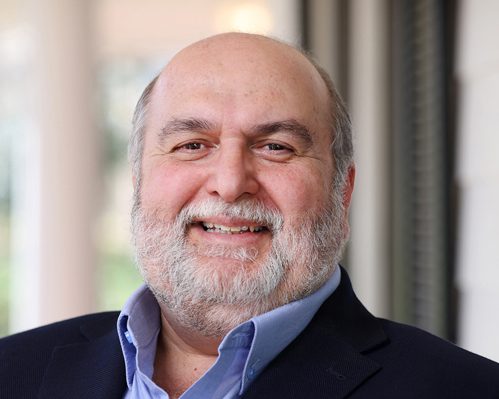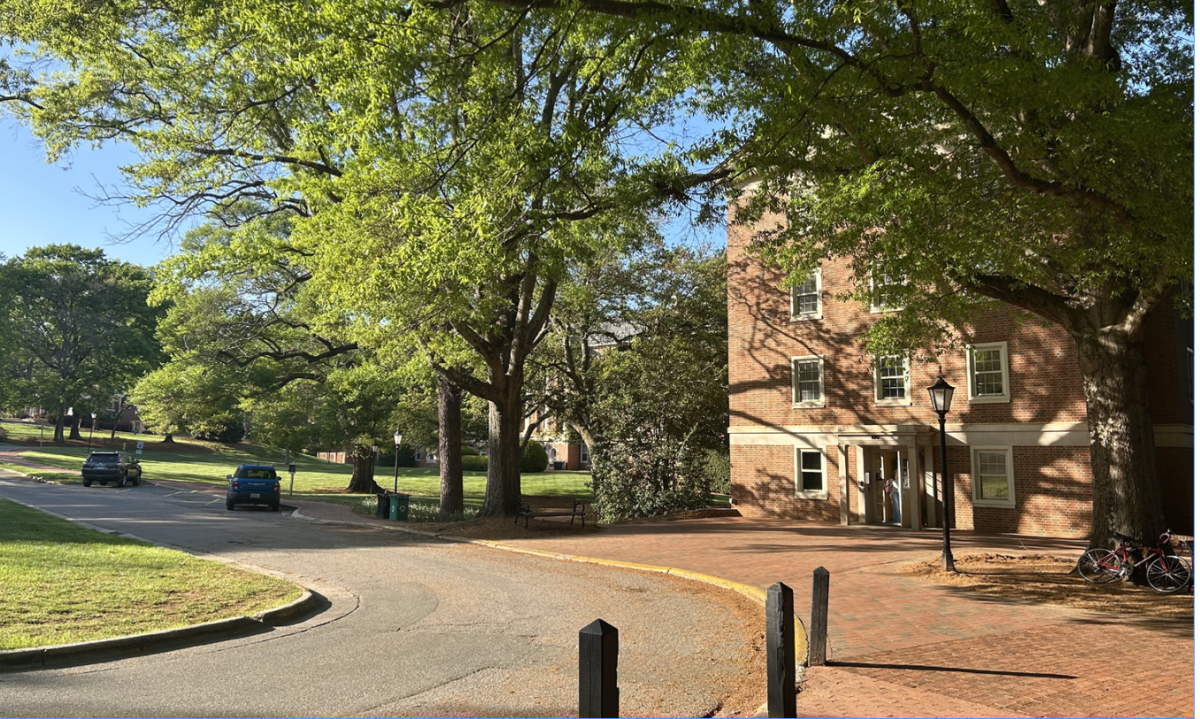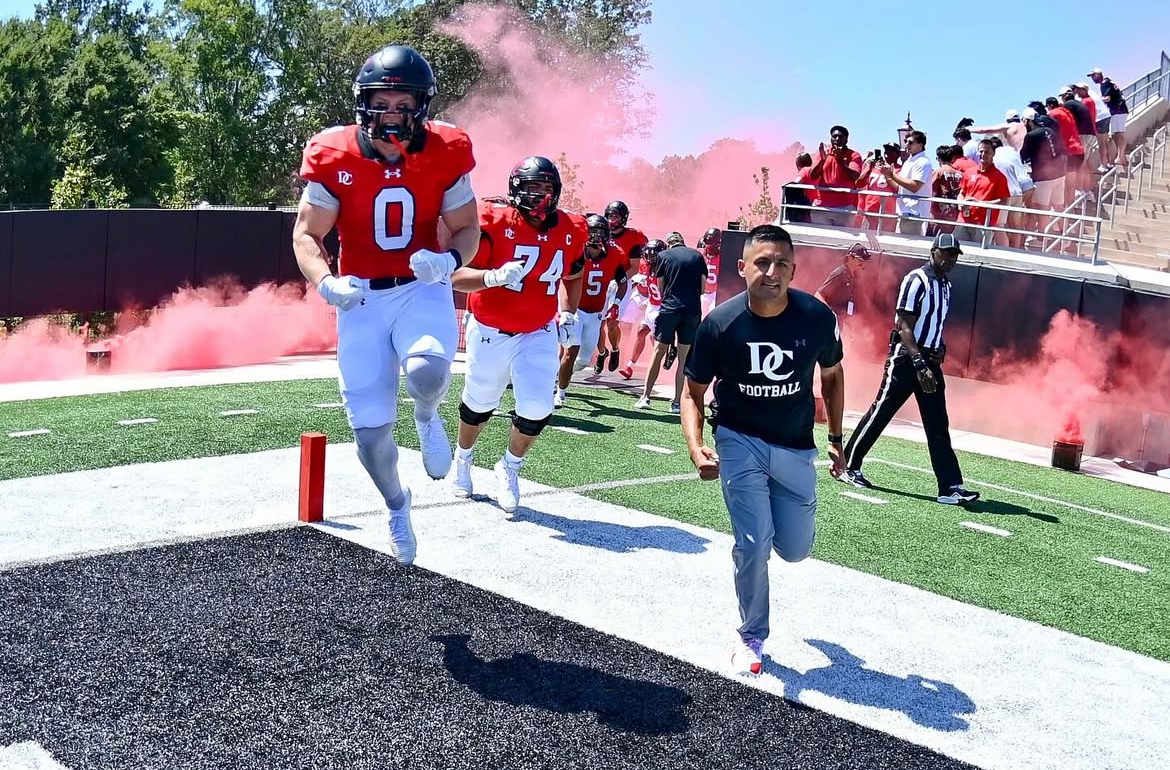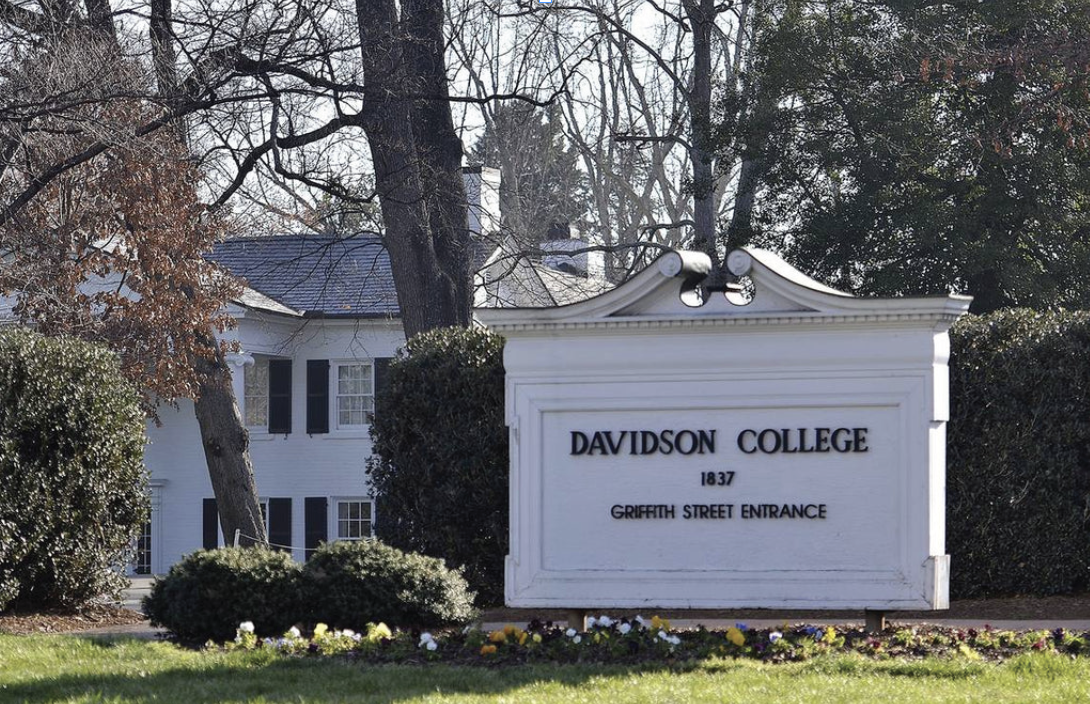According to College Factual, the cost of tuition at Davidson College has grown, on average, at an annual rate of 2.39% over the past five years. On the Davidson College financial aid page, the school promises “A Commitment to Affordability.” At an institution that prides itself on meeting 100% of financial need, students are growing concerned about its ability to accommodate that promise.
The decision to raise tuition at Davidson begins with the College President and the Chief Financial Officer (CFO) Ann McCorvey. Based on an analysis of the marketplace, the financial obligations of the College and any new programs, the president and CFO make a recommendation for a tuition increase to the Board of Directors. According to Director of Media Relations Jay Pfeifer, who spoke on behalf of President Doug Hicks ‘90 and McCorvey, the goals of the tuition increases are as follows:
“Davidson provides a labor-intensive educational experience. We have improved our student-faculty ratio to 8-1, allowing a high level of intensive teaching and learning. More than 60 percent of our budget goes to people—specifically, salary and benefits for nearly 1,000 faculty and staff members. We aim to provide each student a distinctive educational experience through faculty and staff mentoring and high-quality resources in the classroom, on campus, and beyond.”
Once a recommendation is approved, the financial aid office is notified of the changes in tuition and enact them. Shannon Amundson has been the director of financial aid at Davidson College for two years. The Davidsonian spoke with her to learn how financial aid handles those changes.
“Once we have those [changes], we then adjust the cost of attendance that the financial aid office uses based on tuition fees, room board, personal allowance, travel allowance, and a book allowance,” Amundson said.
In the face of students’ reaction to the growing cost of tuition, the College remains confident in the financial aid office’s ability to accommodate students.
“If that change is a decrease in the family’s calculated contribution and requires that their student’s aid package increase, our financial aid team works to make that happen,” Pfeifer said.
Amundson reflected those same sympathies, stating that “once [a student is] on financial aid, the cost [of tuition] doesn’t matter. It’s all about [the] family contribution. So if what you owe changes from year to year, it’s because of family income, [or] number of siblings in college, assets, or something else changed. [It] doesn’t matter if tuition goes up, because we’ll just fill that gap.”
Some students, like Grace Hertzinger ‘27, are left to operate within that gap. Hertzinger is able to attend Davidson thanks to a financial aid package that limits her out-of-pocket expenses to housing and food. “This has left me owing roughly $5,000–$7,000 per semester. In full transparency, I still struggle to cover this amount each semester. Because of unexpected costs, my bank account reflects the college student stereotype [of] hovering under $200,” Hertzinger said.
Hertzinger’s parents recently received raises and were therefore able to help her ease her financial burden. Still, she couldn’t help but wonder what her situation would have been like had her family not been able to help.
“Without their support, I likely would have had to take on even more shifts during the semester or make difficult sacrifices to keep up with tuition.”
Hertzinger described her initial reaction to the tuition increases as “panic.” She tried to calm down by reminding herself of the financial help Davidson had given in the past, but she found herself game-planning for the worst scenarios.
“I’ve started crafting backup plans to support myself and graduate with as little debt as possible. If my next tuition statement shows an increase that feels unmanageable, my plan is to graduate early. If that’s not possible, I’ll start looking for another job near campus to help cover my bills. But I hate that I have to think this way. I strongly believe that once a student accepts a financial aid package and commits to a school, they shouldn’t have to fear unexpected increases that could jeopardize their education,” Hertzinger said.
For one Davidson student, who prefered to remain anonymous, that gap was too large to fill. They testified as to how changes in financial aid hindered their friend’s ability to continue attending Davidson.
“When [my friend] got [to Davidson], he ended up with a really good financial aid package, but then [Davidson] lowered it the following year. He looked at the [new offer] and understood he couldn’t afford it for his junior and senior year because it cost too much for him and his family, so he transferred.”
The anonymous student also compared the increase in costs since their freshman year to the quality of services and amenities provided. “I just can’t imagine […] a lot of people in the last three years have experienced a $10,000 increase in quality of life. I feel like it has roughly remained the same for me.”
Ellie Boehmcke ‘27 is concerned about how the tuition increase will affect her perception of Davidson’s leadership.
“In my eyes, [the tuition increase] causes the administration to lose legitimacy. I don’t think they made where the money [is] going completely transparent. It creates a disconnect between the administration and the student body, and we start to lose the feeling of community,” Boehmcke said.
As a student receiving money from the work-study program included in many students’ financial aid packages, Boehmcke worries that the tuition increase will diminish her ability to subsidize some of her education costs.
“Many financial aid packages, including my own, are partially funded by work-study jobs. Unless the minimum wage for these jobs is raised proportionally to the tuition increases, I worry that many students will lose an opportunity to help pay for their education.”
When asked about the student and parent reactions to the growing cost of Davidson, Pfeifer emphasized that he understands “that our personalized, high-quality education is expensive. We work every day to honor the trust students and their families have put in Davidson College.”
Amundson hopes to offer support for students who are worried about the tuition trends over the years.
“Our goal for [students] is for them to come down and talk to us once [they] get that financial aid package,” Amundson said. “Every student should be able to have that conversation. I don’t know if something’s changed in [a student’s] family, and we don’t want students to wait until they’re upset that mom lost her job. Early and often is [what I say]. File the forms early. We’ll get you an award. We’ll be able to talk about it as often as [students] need, because no one goes into financial aid because we don’t want to help students. Every single person in [the financial aid] office used financial aid to go to college. We’ve all done it, so nobody’s sitting here in any ivory tower saying ‘I don’t understand what the problem is.’ We do, we’ve been there. The conversation we want to be able to have is [this]: let’s work out a plan.”


